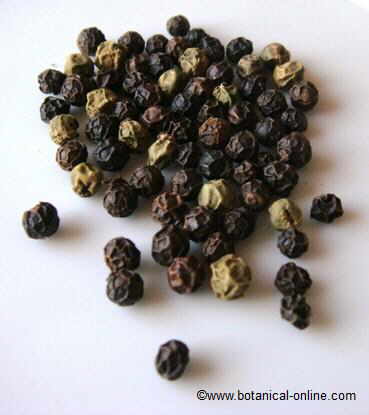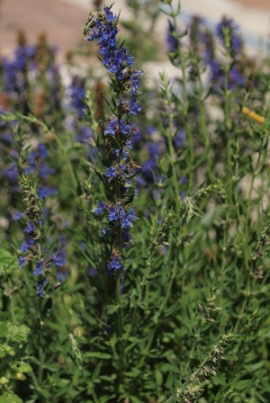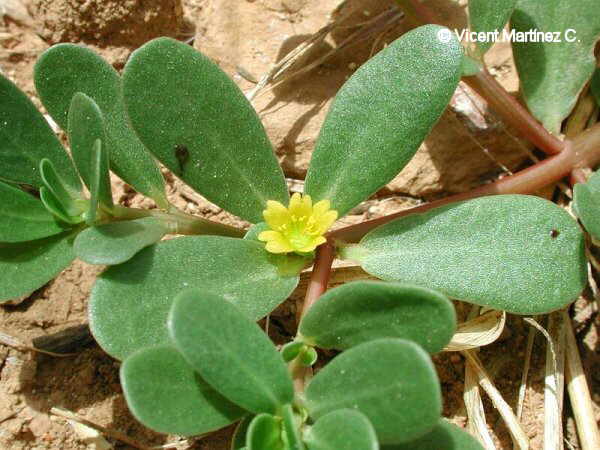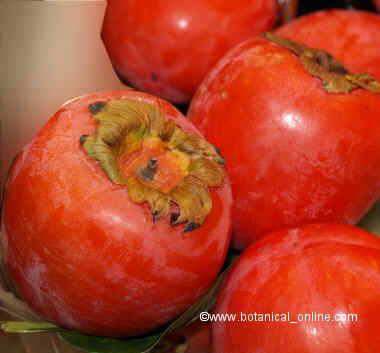Contents
- 1 CASHEW PROPERTIES
- 1.1 Cashews are a source of minerals and vitamins
- 1.2 Cashews are rich in minerals
- 1.3 Cashews to strengthen your mind
- 1.4 Are cashews suitable for bone growth?
- 1.5 Cashews for anemia
- 1.6 Cashews to keep us younger
- 1.7 Cashews to avoid water retention
- 1.8 Cashews are a source of vitamins
- 1.9 Cashews are a source of phytosterols
- 1.10 Cashews are a source of flavonoids
CASHEW PROPERTIES
Cashews are a source of minerals and vitamins
Nuts, like cashew, by definition have little water, which implies that the concentration of nutrients, such as vitamins and minerals is increased.
Therefore, with a smaller amount of food ingested, they will bring more nutrients compared to the same food intake of other less concentrated foods.
Cashews are rich in minerals
Cashews are rich mainly in copper, phosphorus, magnesium, zinc and iron. They also contain significant amounts of other minerals such as potassium, manganese, selenium and sodium.
Its copper content is very high. With only 20g of cashews (or 20 units), they will supply up with 40% of the recommended daily amount. Copper is a mineral that together with manganese and vitamin B2, is involved in such important functions as energy production for our body. It also fights against the harmful action of free radicals.
Manganese content is about 40%, although, in this case, it requires taking about 100g. Manganese also has beneficial properties together with zinc and other minerals, being necessary to maintain the health of our hair. helping to slow down hair loss and encouraging hair growth.
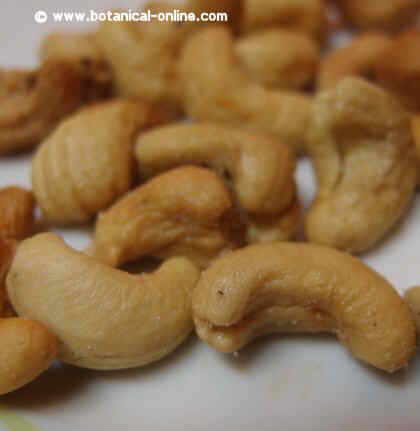
Photo of cashews
Cashews to strengthen your mind
Its phosphorus content is also very high. 100g of cashews cover almost 90% of the recommended daily allowance of this mineral. As the portion of nuts is 20g or 20 units, it will cover almost 20% of our body needs.
Phosphorus ensures the proper functioning of our brain and all its connections, improving our ability to focus and reaction. It is ideal in the diet to increase the memory or as a preventative for amnesia.
Phosphorus decreases irritability. It is a mineral found stored in bones and teeth, along with calcium.
Are cashews suitable for bone growth?
If the relationship between the two is greater than 0.8 (calcium / phosphorus = or> 0.8), this relationship is considered to have a calcifying effect for bones (It helps to built an protect these structures).
Calcium content in cashew is very poor (100g cashews provide with 4.5% of the recommended daily amount), so cashews are considered extremely decalcifying.
The relationship between the calcium and phosphorus content of cashews is 0091, which is far from being considered a food rich in calcium and calcifying effect.
If eat 100g of cashews, we get almost 75% of the recommended daily amount of magnesium. This means that, with only 20g of cashews, we will cover almost 15% of the needs of this mineral in the body, leading to lower levels of insomnia, anxiety, nervousness and irritability, which will help us to relax more easily.
But, magnesium does not only act at the level of mental relaxation, but also physically, that is, it helps us perform decontraction and contraction of our muscles. It also has an alkalizing action counteracting excessive acidification to which we subject our bodies daily.
Cashews for anemia
The iron content of cashew is very high, but, it is absorbed in a lesser extent. 100g of provide us with up to 66% of the recommended daily amount of iron, but the part that our body will assimilate will be much lower.
Therefore, consumption of cashews helps maintain a healthy and varied diet. If there is a disease that causes a deficiency of this mineral, such as iron deficiency anemia, we must consume foods that contain a high amount of iron, but we must also take into account how much can be absorbed, that’s to say, if we can assimilate and use it to help reduce our iron deficit
Cashews to keep us younger
Cashews, as most of nuts, have a high zinc content. 100g provide about 60% of the recommended daily amount. Selenium content is lower (21%), though not unimportant. Both, selenium and zinc, have antioxidant effects that combat the dreaded effects of free radicals, such as premature aging, they help prevent heart disease and some cancers.
Cashews to avoid water retention
Its potassium content is moderate, although, compared with the amount of sodium contained, it is very high. 100g of cashews supply up to a third of the recommended daily amount. This mineral is responsible for regulating some impulses of the heart, blood pressure and keep it in balance. An increase or decrease in excess of this mineral can lead to very negative consequences for our health.
Specifically, it has a high sodium content compared to other nuts. For example, 100g of unsalted roasted cashews contain 16g sodium (equivalent to 3% of the daily requirement), compared with 100g of almonds in the same conditions (roasted no salt added), sodium whose values do not exceed 1 gram.
Clearly, it is better not to eat salty cashews, since, when salt is added to any nut, its sodium content is triggered. 16g of sodium intake from 100g of cashews is a trace amount. (Salted cashews bring about 600g of sodium per 100g of food)
Both sodium and potassium, are two minerals responsible for regulating the disposal of fluids in our body. As the potassium content of the cashew is much greater than its sodium content, although salt content in cashew is high compared with other nuts, cashews are considered diuretic, consequently, very useful in case of liquid retention.
Cashews are a source of vitamins
Cashews contain vitamin E and vitamin B (except vitamin B12). They do not contain significant amounts of other vitamins, such as vitamin C or vitamin A.
They contain vitamin E, but in amounts that do not exceed 6% in 100g of cashews. Even in small amounts, this vitamin has a high antioxidant effect which is very beneficial for the health of our bodies and to fight against free radicals, that will lead to premature aging of tissues and organs or even promote premature oxidation of cholesterol by promoting diseases like arteriosclerosis or some cancers.
Regarding the B vitamins, we must highlight its content in vitamin B3, vitamin B5 and vitamin B9, but it contains lower amounts of vitamin B1, vitamin B2 and vitamin B6. All of them together help promote proper brain function and its connections. If there is a deficiency of these vitamins, depression can appear or mood changes are important. But if our food intake behaves correctly providing a rich diet in these vitamins, we can obtain the opposite effect, resulting in no more than benefits.
By eating 100g of cashews, we contribute 7% of the recommended daily allowance of niacin or vitamin B3 and 30% of the recommended daily amount of pantothenic acid or vitamin B5. Together, these two last vitamins are beneficial for its effect at the cellular level, generating energy.
With the same amount of food we also get a very interesting folic acid or vitamin B9 intake (about 35% of the recommended daily amount). Thanks to this vitamin, we can help successfully complete structural proteins, making the hemoglobin in the blood of our body, minimizing the risk of cardiovascular disease. It is a very important vitamin during body formation, such as in pregnancy. Folic acid deficiency may involve the formation of a baby with spina bifida.
Cashews are a source of phytosterols
Cashews contain high amounts of substances called phytosterols, having effects contrary to LDL or VLDL, more commonly known as the “bad cholesterol.” Furthermore, 100g of cashews will provide 100% of phytosterols necessary to meet our needs and provide full benefits, constituting a very preventative food against heart and vascular diseases. (More information)
Phytosterols are also considered preventive in some types of cancer by slowing the growth of certain types of tumor cells.
Cashews are a source of flavonoids
They contain a substance called zeaxanthin. This substance is a flavonoid with a highly antioxidant effect, which will add to the antioxidant effect that other substances of cashews content. So, we can say that there is a synergistic action between them all, that’s to say, beneficial action is fostered by means of acting altogether.
Specifically, it is considered that the antioxidant effect, for example, helps to avoid or prevent some damage from excessive solar radiation, or exposure to it without adequate protection to eye level.
This substance besides protecting, is beneficial to maintain proper condition of the retina of the eye, as it is part of its composition. Cashews help maintain healthy eyes, being preventive in the development of ocular abnormalities such as night blindness or vision loss from macular degeneration.
* More information:
– Contraindications of cashews
![]() More information on cashews
More information on cashews





